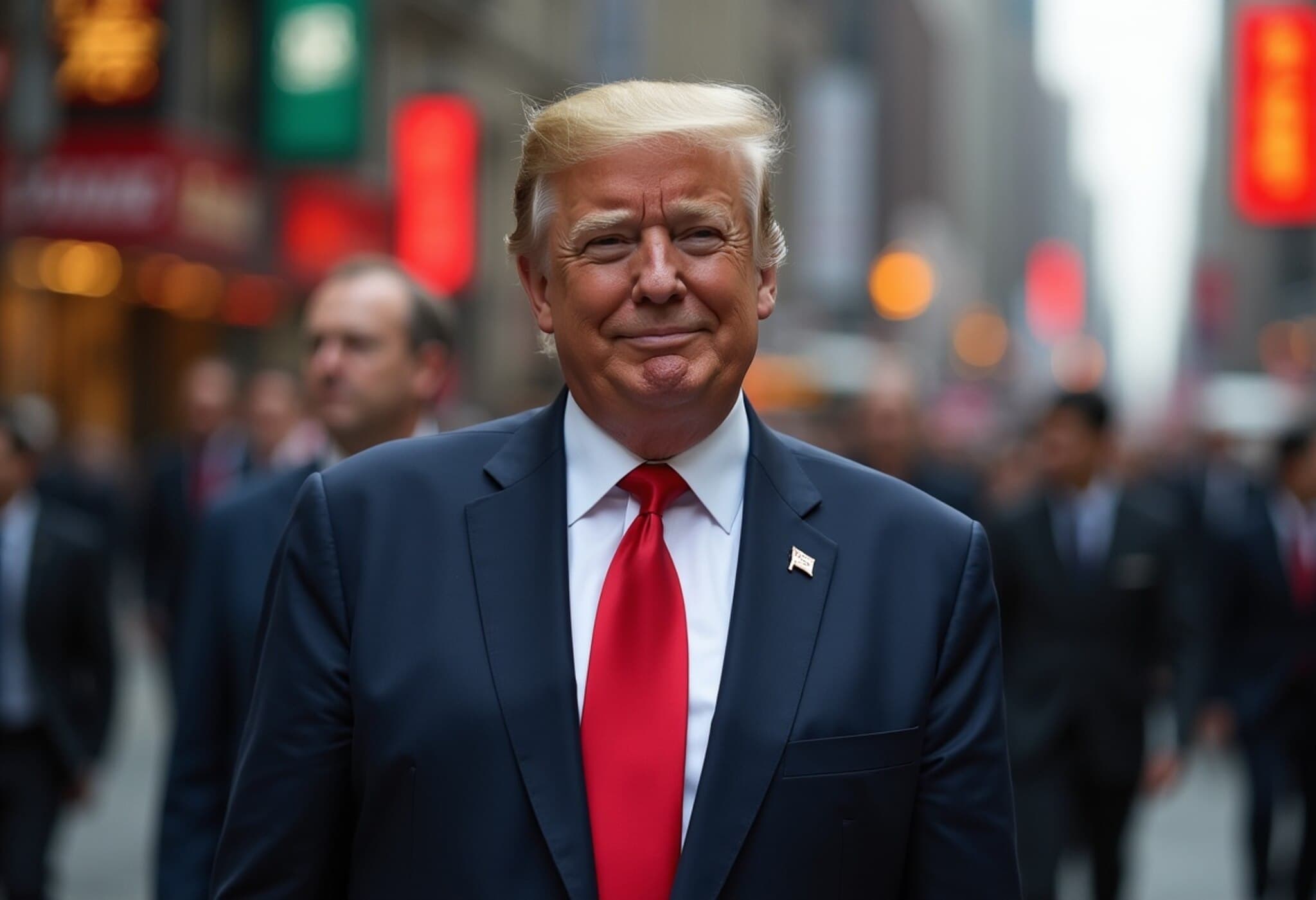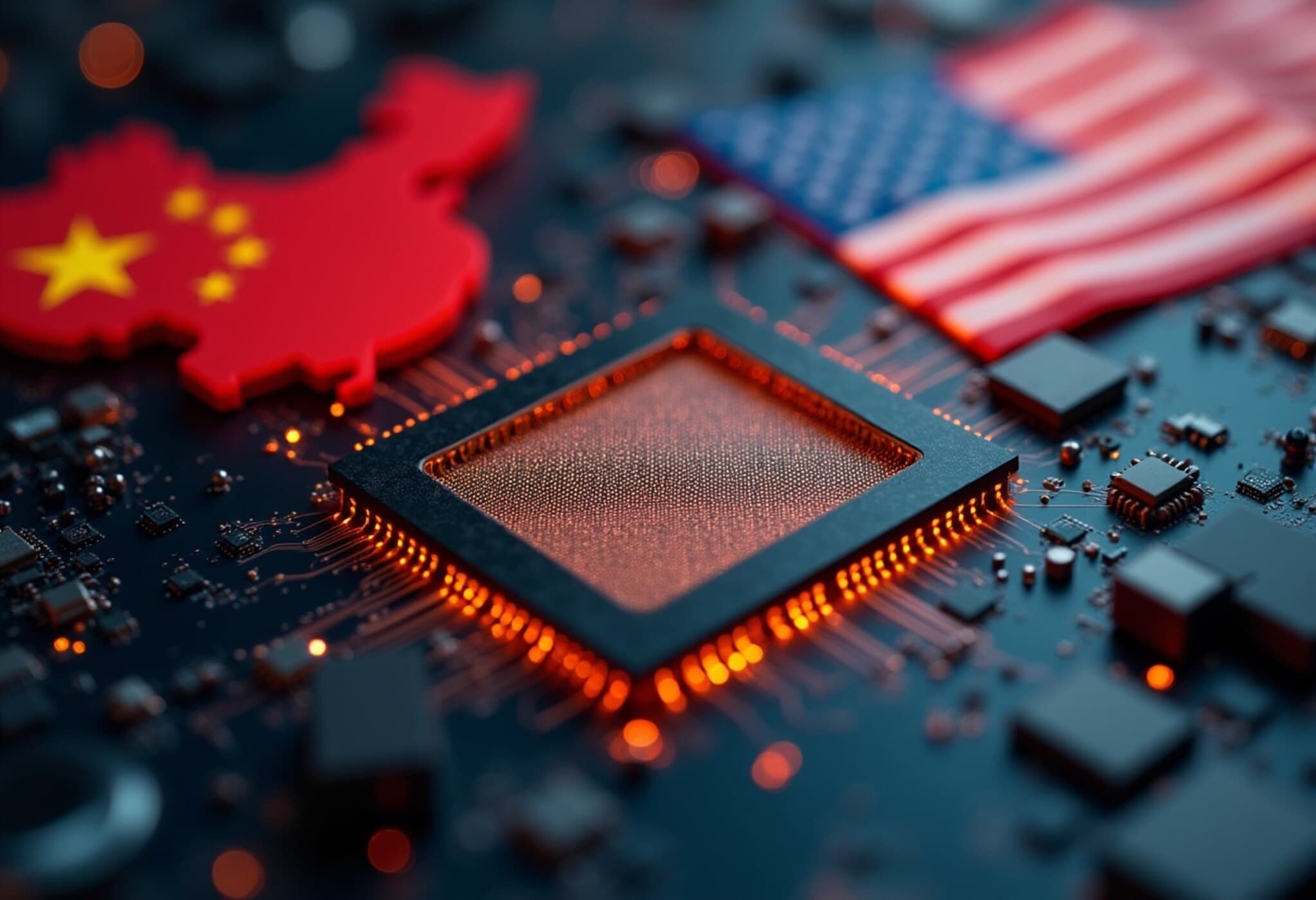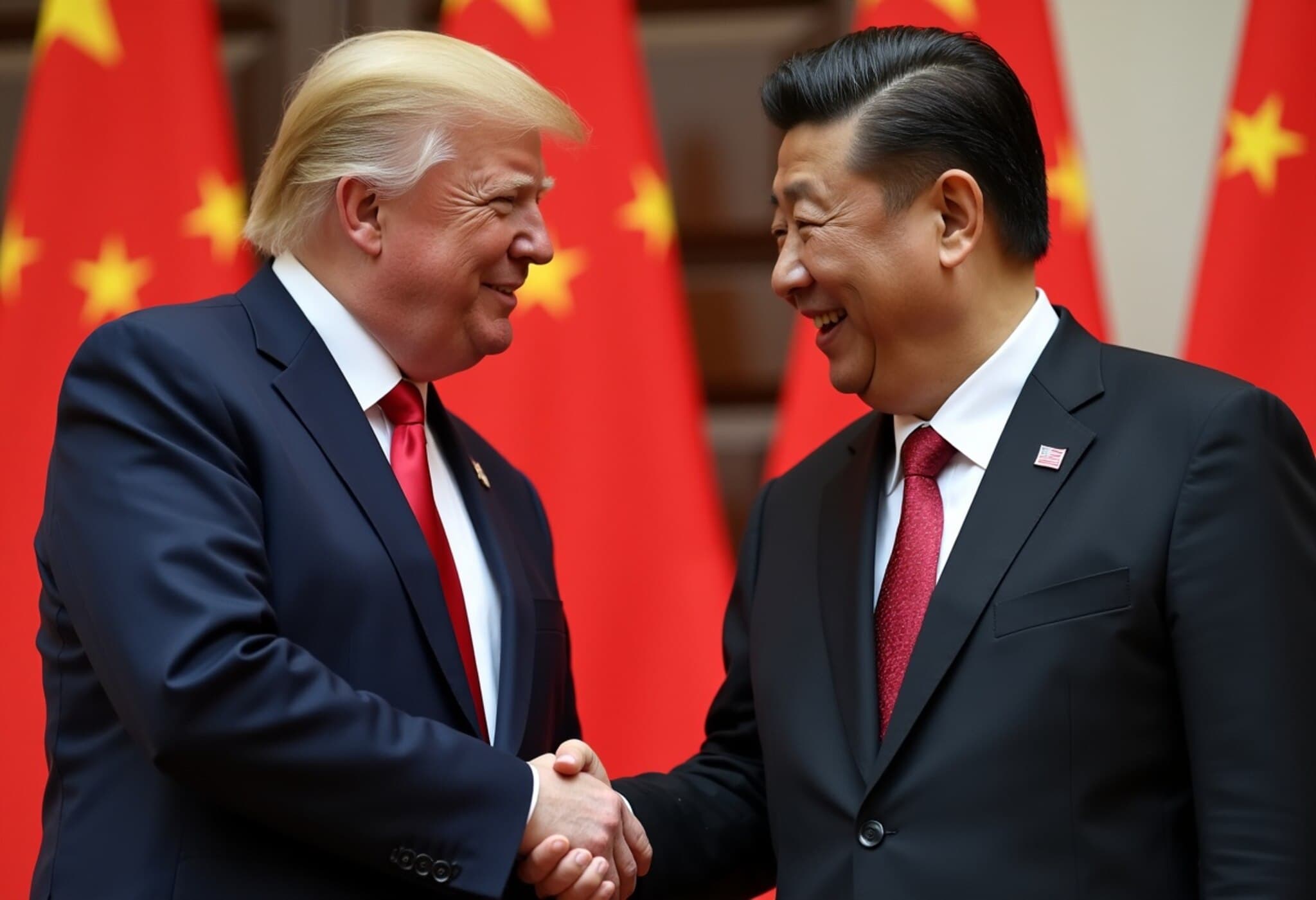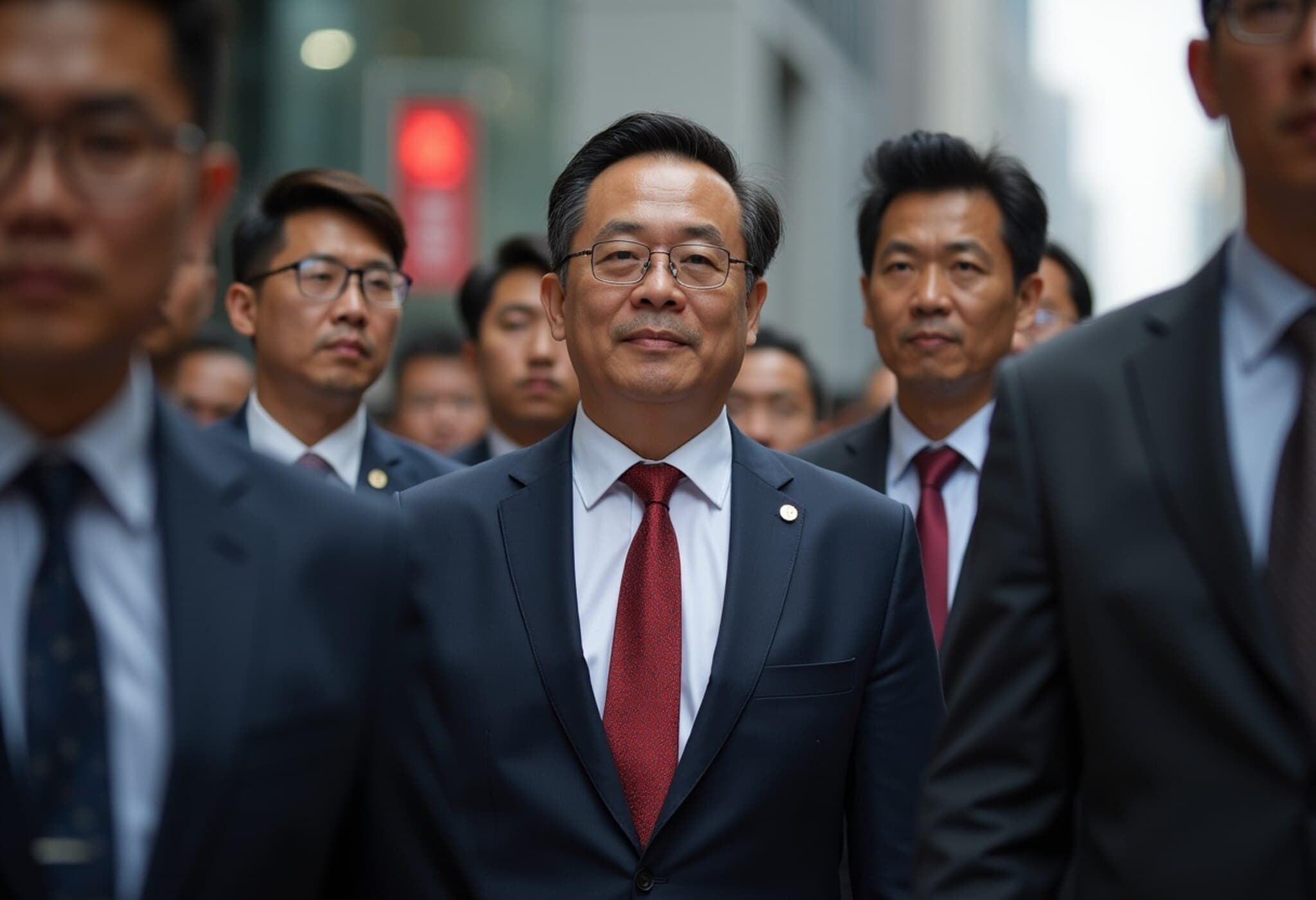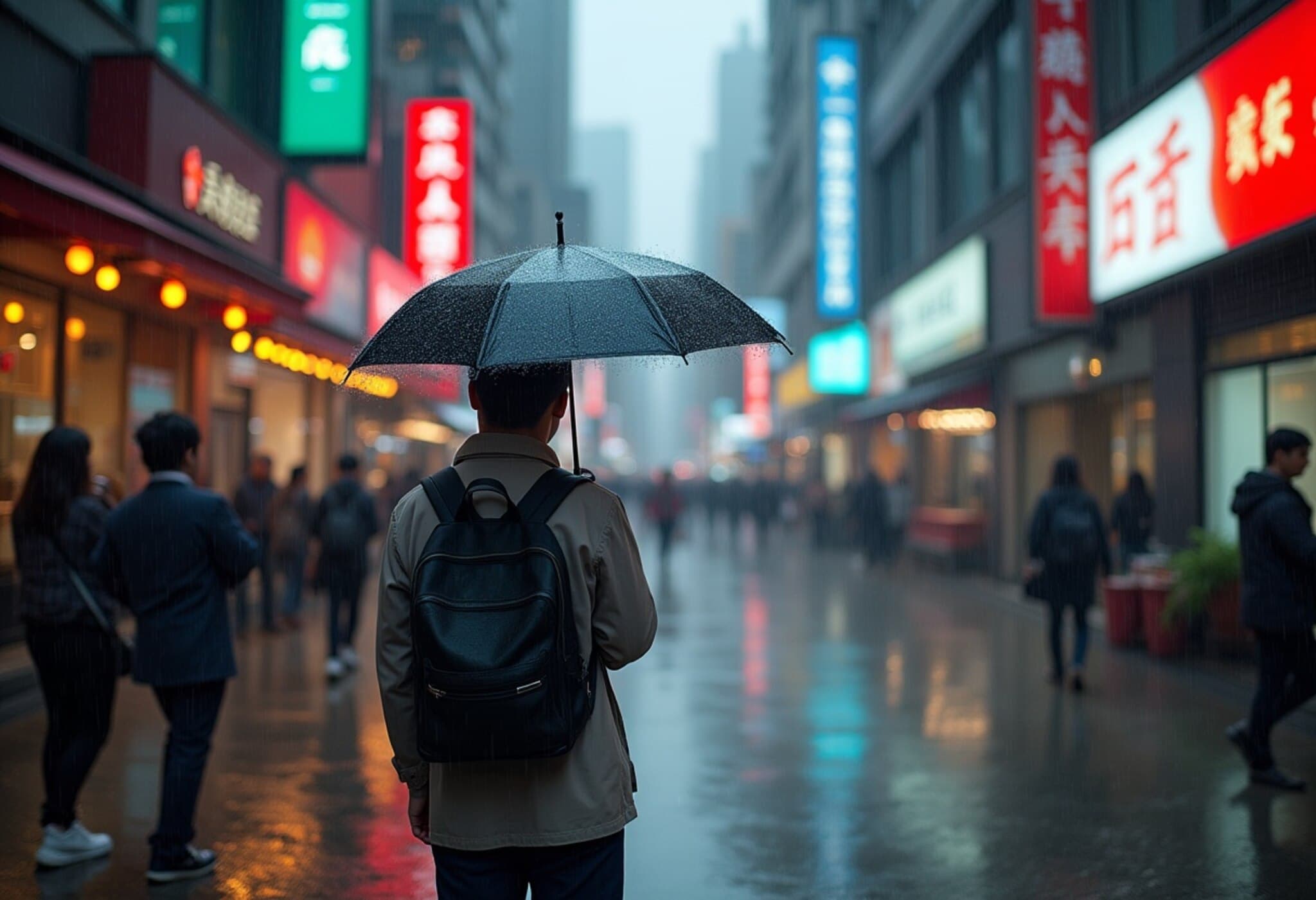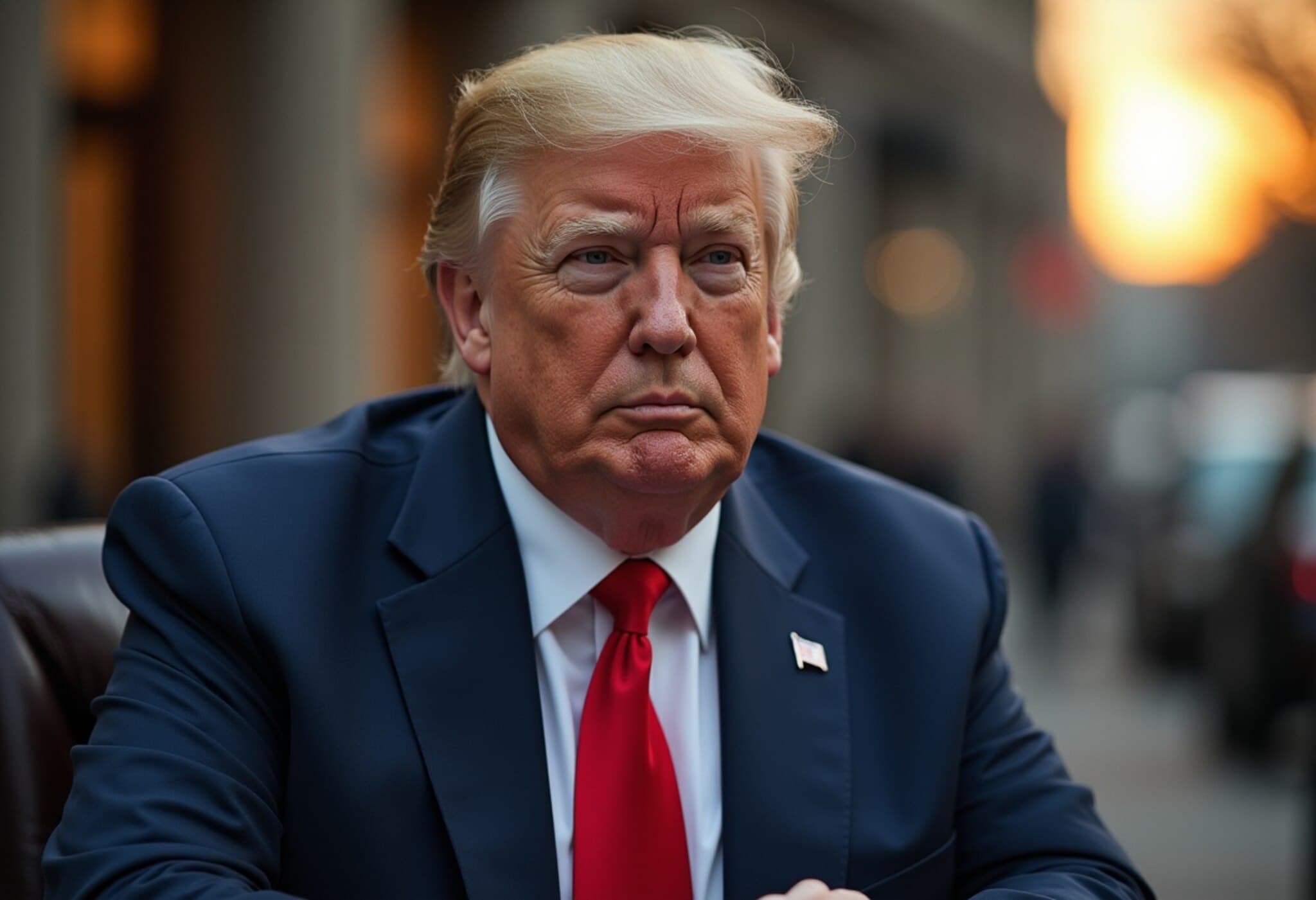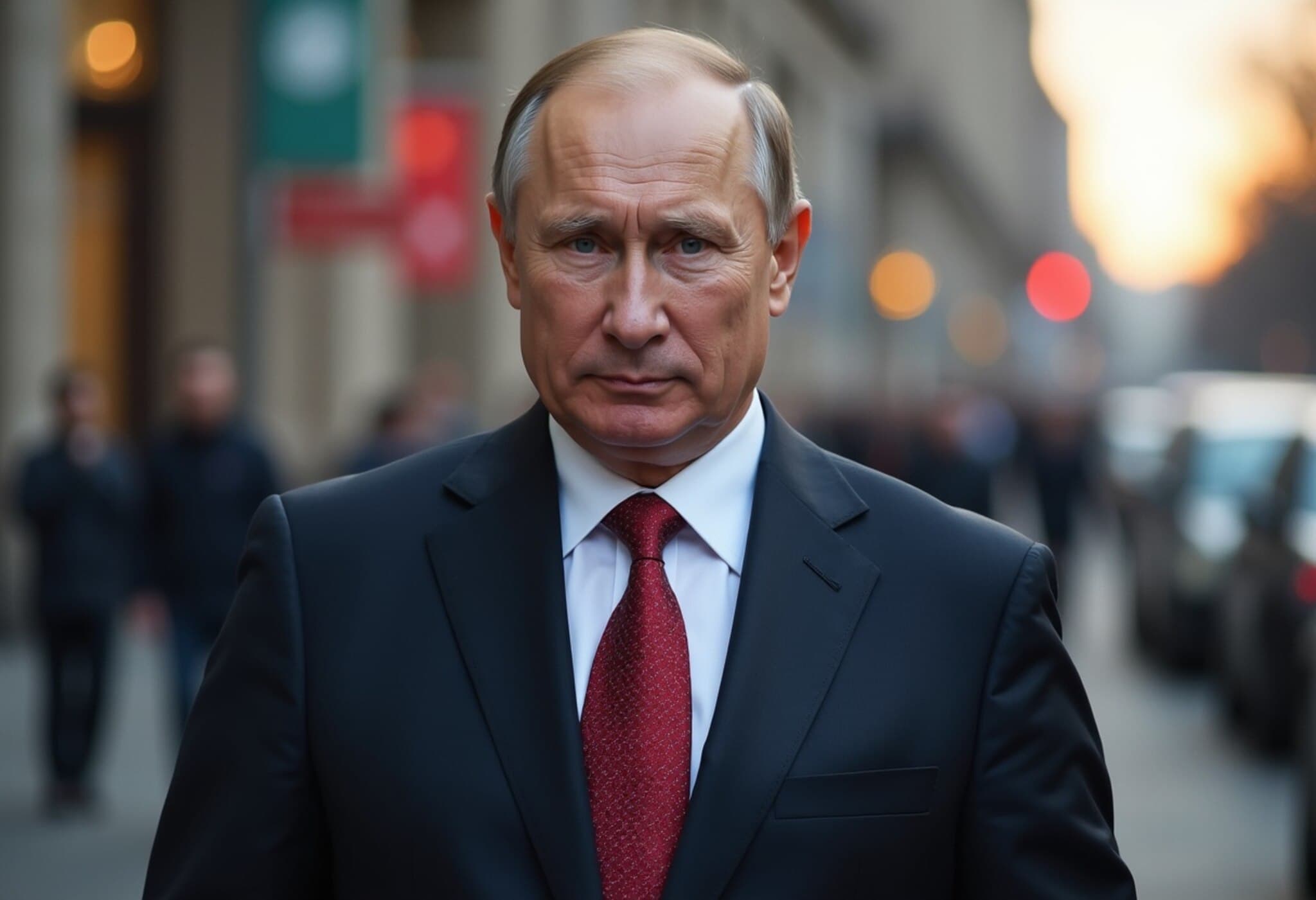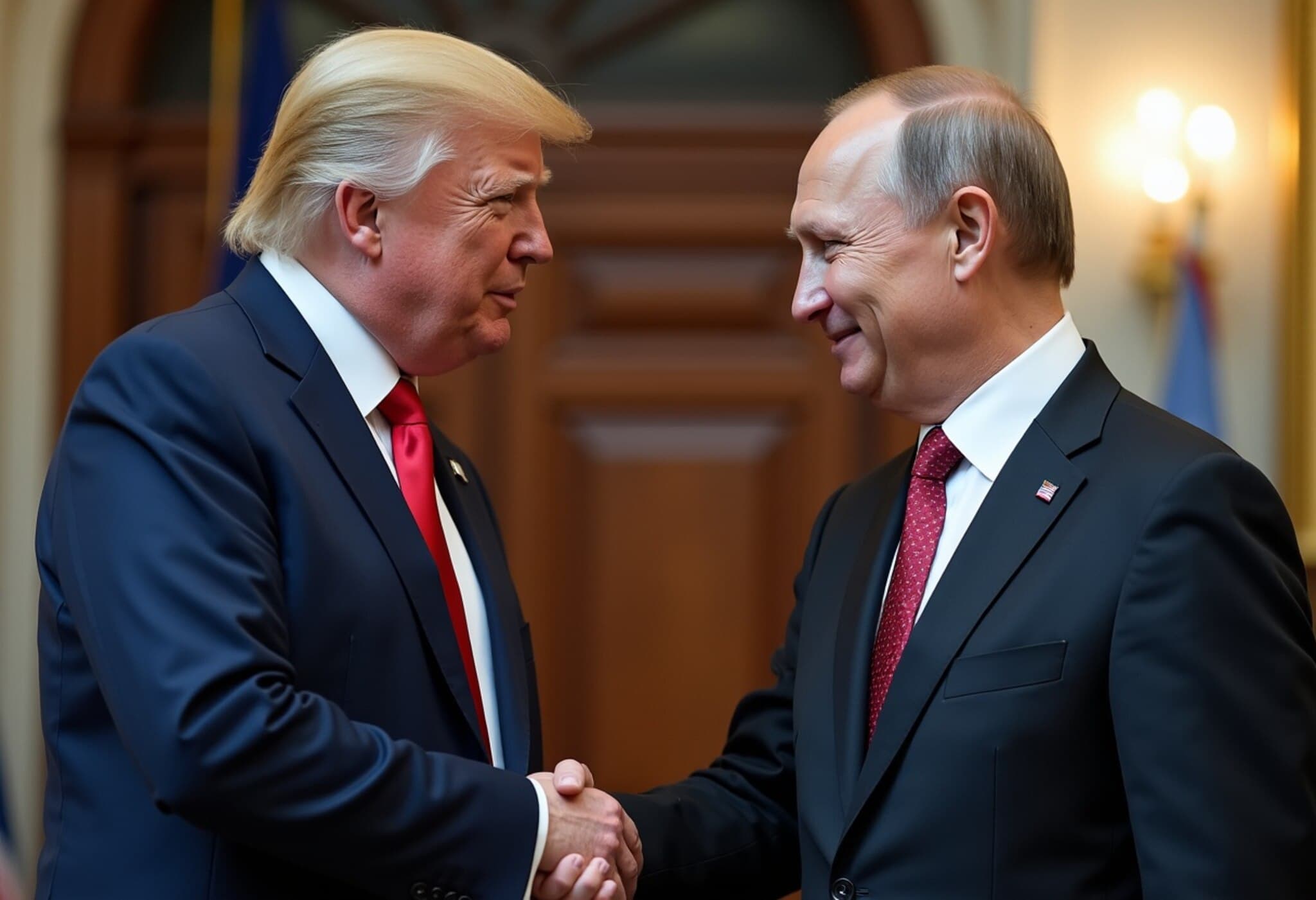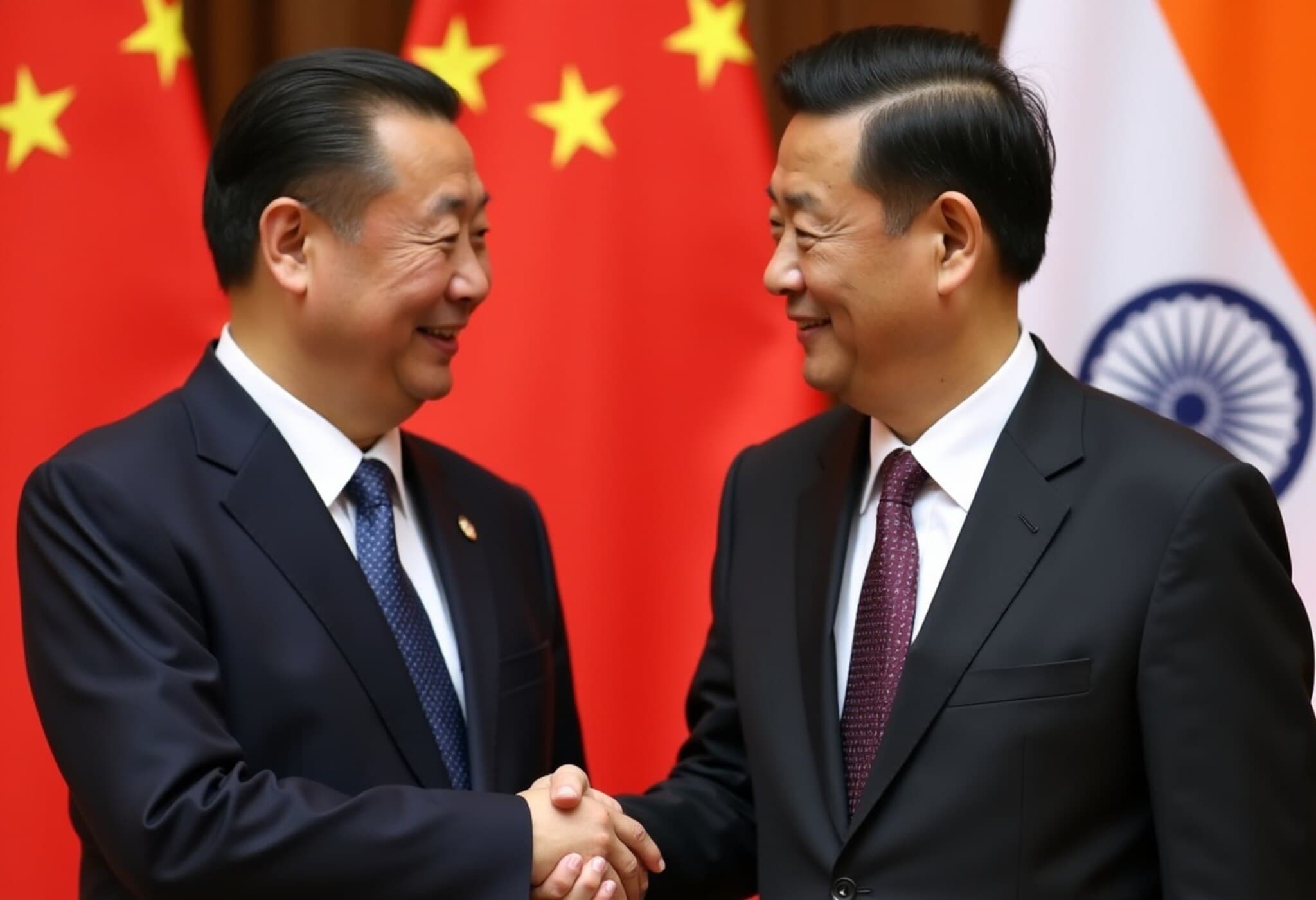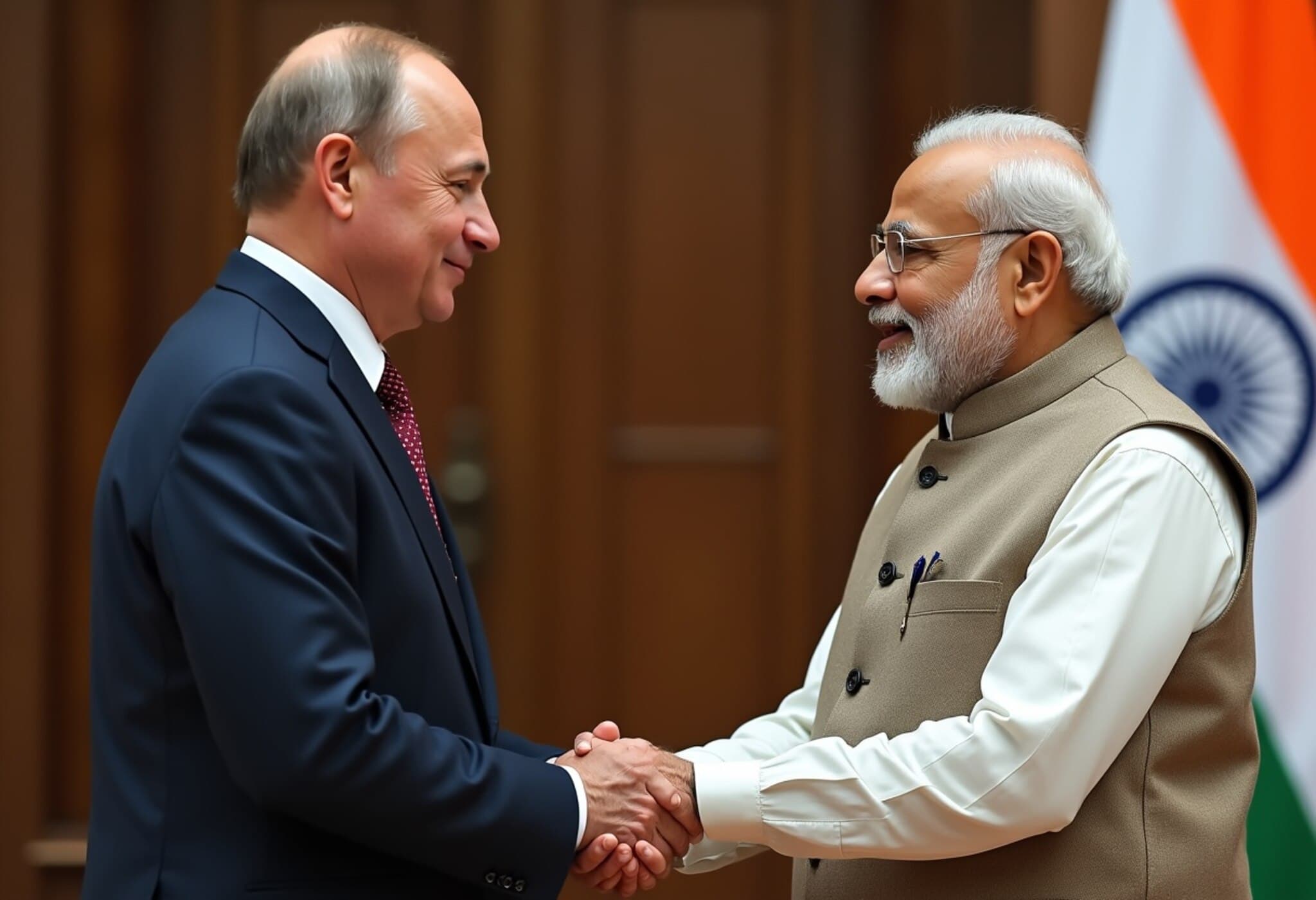A Forgotten Commitment: Trump and the Jimmy Lai Case
As Hong Kong stands at a pivotal moment with the ongoing national security trial of Jimmy Lai, the pro-democracy publisher and founder of the now-shuttered Apple Daily, questions are resurfacing about former President Donald Trump’s earlier promises to intervene on Lai’s behalf. Despite Mr. Trump’s bold assertion to negotiate with Chinese leader Xi Jinping to secure Lai’s freedom, the controversial case has never formally entered the high-stakes arena of US-China trade discussions.
The Trial That Captivated Global Attention
Jimmy Lai, 77, faces grave charges including collusion with foreign forces and publishing seditious material—accusations that, if proven, could see him imprisoned for life. His trial has become emblematic of the shrinking space for press freedom and judicial independence in Hong Kong. Final arguments commenced earlier this week, delayed not just by weather but by serious concerns over Lai’s health, including heart palpitations noted by his defense.
International Spotlight and Local Implications
- Prosecutors allege Lai advocated for international sanctions against Hong Kong and Beijing officials—a central point of the case—but Lai denies such involvement after the national security law’s enactment in June 2020.
- Supporters and human rights organizations worldwide have decried his prolonged detention, viewing it as a stark signal of Hong Kong’s diminishing autonomy under Beijing’s tightening grip.
Trump’s Promise: Spoken But Not Sealed in Policy
In the months before his November 2020 re-election bid, Trump notably declared, "I will get him out," suggesting a personal commitment to securing Lai’s release. However, as recent interviews show, this promise never morphed into concrete diplomatic pressure within trade negotiations. On Fox News Radio, Trump backtracked slightly, saying he only intended to raise the matter with Xi Jinping but provided no details on actions taken.
This disconnect raises broader questions about political rhetoric versus actionable foreign policy—especially when human rights intersect with economic diplomacy. Experts suggest that sidelining such critical humanitarian issues during trade negotiations can undermine US credibility on the global stage and weaken pressure on authoritarian regimes.
Expert Insight: The Ethics of Trade and Human Rights
Professor Amanda Liu, an expert in international law and US-China relations, remarks, "The Lai case embodies the difficult balance between trade interests and human rights advocacy. US officials' failure to embed clear human rights conditions in trade talks signals a missed opportunity to leverage economic power for democratic principles. It’s a cautionary tale of what happens when realpolitik overshadows fundamental freedoms."
Broader Regional Context and US Policy Implications
The crackdown on figures like Lai is part of Beijing's broader push to assert tighter control over Hong Kong since 2019 protests and the imposition of the controversial national security law. For Washington, the approach to China remains a delicate dance of confrontation and cooperation.
- Trade negotiations often prioritize tariffs, supply chains, and technology transfer but can marginalize critical concerns such as democracy and human rights.
- Legal precedents surrounding Hong Kong’s status and the rule of law are rapidly evolving, affecting not only bilateral ties but also international norms.
- US political discourse reflects growing demands from Congress and civil society for stronger accountability measures linked to trade agreements.
The Human Story Behind the Headlines
Beyond the geopolitics lies the human toll: Lai’s health challenges in detention and the anxiety of his supporters underscore the personal costs of political repression. When Lai appeared in court recently, his brief smile to onlookers and quiet interaction with his legal team painted a poignant picture of resilience amid adversity.
Questions Moving Forward
- How will the US balance economic interests with advocacy for democracy in future dealings with China?
- Will international pressure influence Hong Kong’s increasingly restrictive legal environment?
- What lessons can policymakers learn from the gap between public promises and diplomatic realities?
Editor’s Note
The Jimmy Lai saga is far from just a headline about a high-profile trial; it is a litmus test of international resolve to stand up for democratic principles when confronted with complex economic and political realities. Trump's unfulfilled promise highlights the tensions inherent in US-China relations, where trade negotiations often eclipse human rights concerns. As the world watches, the Lai case invites us to reconsider how nations wield their influence ethically—not just economically—and challenges policymakers to bridge the gap between words and deeds.

